Four State Universities to Jointly offer an Online MSc Programme in Energy for Circular Economy first time in Sri Lanka
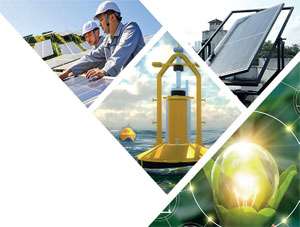 The Open University of Sri Lanka (OUSL), heading a consortium together with University of Peradeniya, University of Moratuwa and University of Ruhuna, is jointly offering a completely online Master of Science in Energy for Circular Economy postgraduate programme open to Sri Lankan and foreign learners. Full “Circular Economy” thinking in energy is today a necessity for any country aiming for economical and climatic sustainability, and it is thus crucial also for Sri Lanka. Offering this new programme in a digital format will furthermore give significant possibilities for students, as well as already practicing engineers, all over the country to participate.
The Open University of Sri Lanka (OUSL), heading a consortium together with University of Peradeniya, University of Moratuwa and University of Ruhuna, is jointly offering a completely online Master of Science in Energy for Circular Economy postgraduate programme open to Sri Lankan and foreign learners. Full “Circular Economy” thinking in energy is today a necessity for any country aiming for economical and climatic sustainability, and it is thus crucial also for Sri Lanka. Offering this new programme in a digital format will furthermore give significant possibilities for students, as well as already practicing engineers, all over the country to participate.
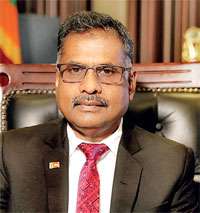 This MSc programme is the first of its type to be introduced in Sri Lanka, and as such unique from several aspects both content and pedagogical-wise. Its development has been possible during a last three-year period with the support by the European Commission through the Europe-Sri Lanka Capacity Building in Energy Circular Economy (EUSL-Energy) Project. The programme will be delivered by academics and professionals from each of the four partner universities and will be backed by three highly reputed universities in Europe: Royal Institute of Technology (Sweden), Centrale Supelec (France), and University of Twente (Netherlands). Professor P.M.C. Thilakaratne, Vice Chancellor of the OUSL, speaking to the Education Times about the programme says it was specifically designed with the understanding that the energy sector already is, and becoming even more so, a vital part of the country’s economy, and that the country clearly must, and urgently, adapt to a more circular economy.
This MSc programme is the first of its type to be introduced in Sri Lanka, and as such unique from several aspects both content and pedagogical-wise. Its development has been possible during a last three-year period with the support by the European Commission through the Europe-Sri Lanka Capacity Building in Energy Circular Economy (EUSL-Energy) Project. The programme will be delivered by academics and professionals from each of the four partner universities and will be backed by three highly reputed universities in Europe: Royal Institute of Technology (Sweden), Centrale Supelec (France), and University of Twente (Netherlands). Professor P.M.C. Thilakaratne, Vice Chancellor of the OUSL, speaking to the Education Times about the programme says it was specifically designed with the understanding that the energy sector already is, and becoming even more so, a vital part of the country’s economy, and that the country clearly must, and urgently, adapt to a more circular economy.

He noted that recent surveys in Sri Lanka emphasise on the need for renewable energy, improved conservation, and efficient use of energy throughout the country, hence stated that this postgraduate programme will be highly valuable and target contemporary issues. He also stated the need for graduates to accumulate “21st century skills” during the studies, focusing on collaboration and problem-solving. The present programme takes a significant step forward in the Sri Lanka educational system by offering the learners to participate in the modern “Challenge- Driven Learning” concept, following courses in the “Flipped Classroom” model and participate in laboratory exercises remotely.
The educational process used in this programme is directed towards the leaders of the future energy sector of Sri Lanka. As such it also demands significant interest, and a strong commitment, from these future energyleaders during the studies. Any person accepted to the programme must be aware that this is not a traditionally taught programme, and applicants must be self-motivated and interested in significant “out of the box” thinking, including towards entrepreneurial perspectives of the energy systems in the country. Elaborating on how the programme will be delivered, Professor Thilakaratne clarified that the programme will be delivered across four (4) semesters in two years.
In the first year, the courses will be given by a programme team consisting of academics from all four Universities, while in the second year, students are given a choice to specialize in one of the four areas in the energy sector, which will be taught by the university in charge of each specialisation track. The tracks of specialisations are “Energy for Industry” offered by the OUSL, ”Power Generation and Supply” offered by University of Peradeniya, “Renewable Energy Systems” offered by University of Moratuwa, and ”Energ y Technology and Management” offered by University of Ruhuna.
This offers significant possibilities for the students to specialise in different areas while still collaborating on common challenges in diverse teams. Prof. Thilakaratne further stated that the entire programme will be hosted on a Learning Management System (LMS) that provides the learner access to digital learning content through the ‘Learnify’ digital repository of learning resources. He also mentioned that each of the universities has remote-laboratory facilities so that the students can access them online.
Professor Thilakaratne said that the prospective students for the programme must have either a Bachelors Honours Degree in Engineering from a reputed university, a Bachelors Honours Degree in Science, or any other Bachelors Honours Degree in a relevant field with at least one year of post qualifying experience. Applicants with a Bachelors Degree in Engineering, Science, or any other relevant field with 2 to 3 years of post-qualifying experience depending on the degree will also be eligible to enroll the programme. Applications must be sent on or before the 22nd of January 2023, and the programme intends to admit 150 students, says Prof. Thilakaratne.
For more information visit the Programme website https://eusl.edu.lk - Sadisha Saparamadu
















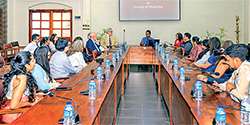
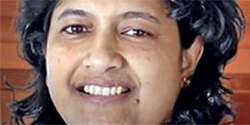


















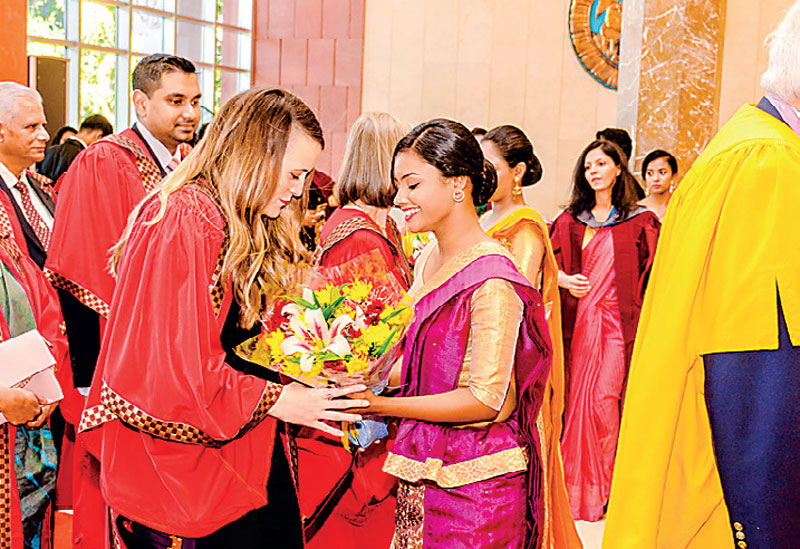

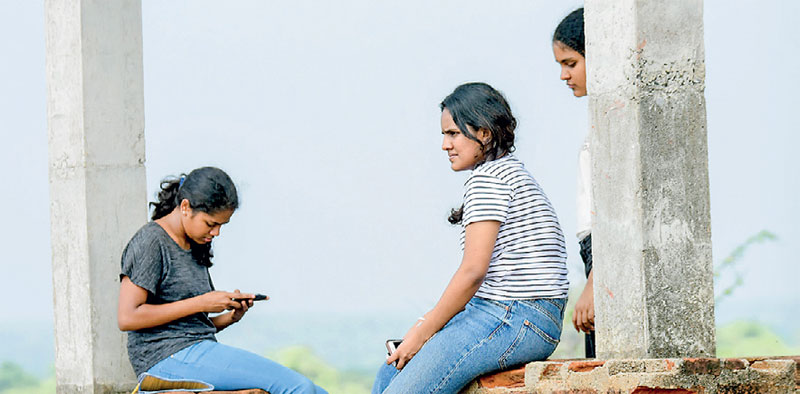
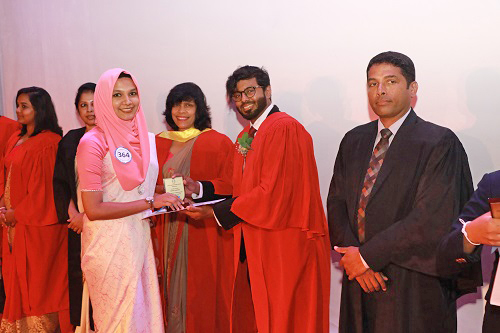
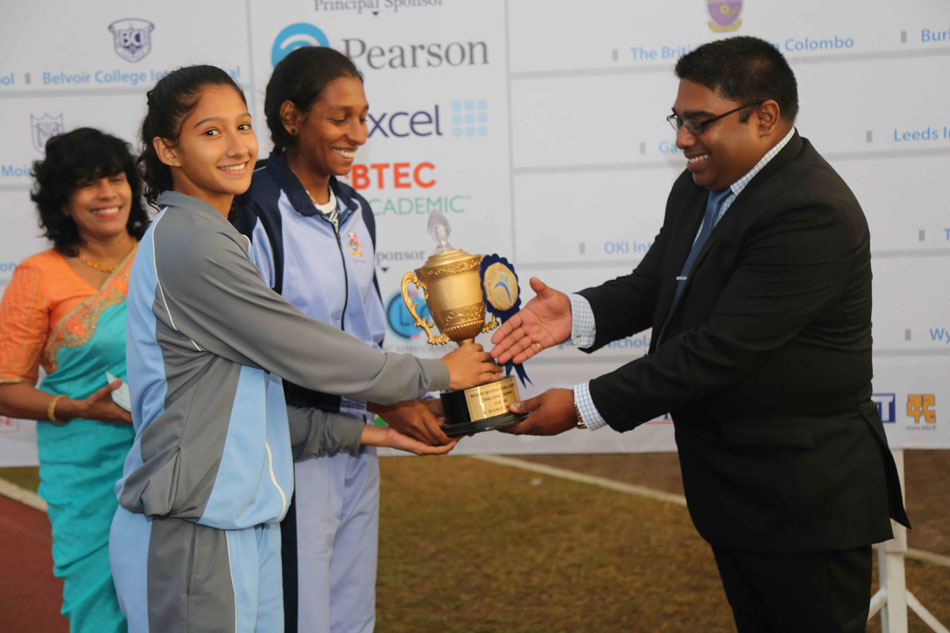
.jpg)

.jpg)
.jpg)
.jpg)
.jpg)
